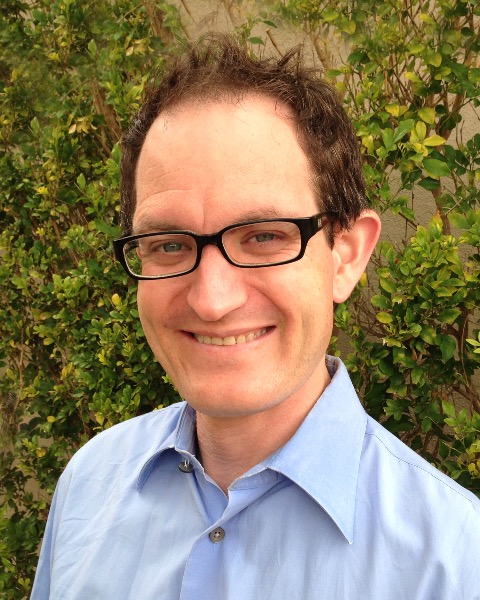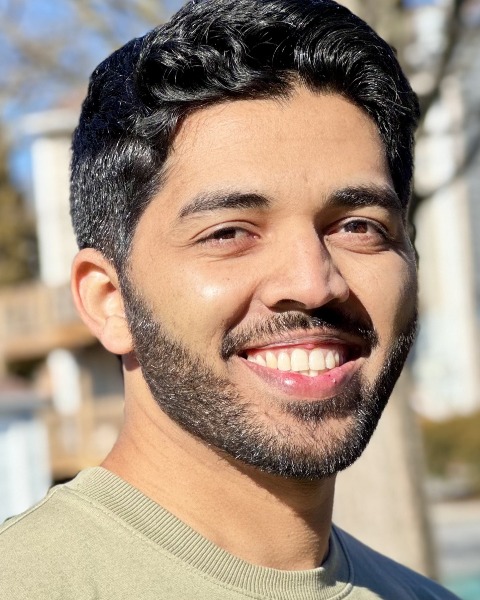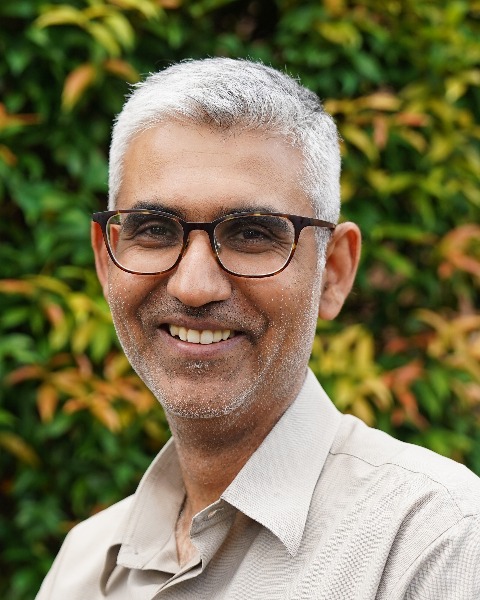Health Sciences
Sleep and its Treatment: Effects on Physical and Psychosocial Well-Being
-

Christopher Kaufmann, PhD, MHS (he/him/his)
Assistant Professor
Health Outcomes and Biomedical Informatics
University of Florida College of Medicine
Gainesville, Florida, United States -
.jpg)
Soomi Lee, PhD (she/her/hers)
Associate Professor
School of Aging Studies
The Pennsylvania State University
University Park, Pennsylvania, United States -

Katie Stone, PhD, MA (she/her/hers)
Senior Scientist
Research Institute
California Pacific Medical Center
San Francisco, California, United States -

Muhammad Thalil, PhD (he/him/his)
Postdoctoral Scholar
Center for Healthy Aging
The Pennsylvania State University
University Park, Pennsylvania, United States -

Yiwei Yue, MD, MSPH (she/her/hers)
DPhil Student; Research Data Analyst
Department of Mental Health
University of Oxford; Johns Hopkins University
Baltimore, Maryland, United States -

Rahul Malhotra, MBBS, MD, MPH (he/him/his)
Associate Professor
Health Services and Systems Research
Duke-NUS Medical School
Singapore, Singapore -
VS
Vishaldeep Sekhon, MPH, MS
Senior Biostatistician
Geriatrics
Johns Hopkins University
Baltimore, Maryland, United States
Chair(s)
Co-Chair(s)
Discussant(s)
Individual Symposium Abstract First Author(s)
Sleep disturbances, dysregulated circadian rhythms, and related disorders can impact multiple aspects of life, including physical health, mobility, mental well-being, and other outcomes of relevance to aging populations. Treatments for specific disorders, such as Continuous Positive Airway Pressure (CPAP) for sleep apnea, are also important for promoting positive health outcomes. Therefore, it is crucial to conduct research that clarifies the relationships among sleep, its treatments, and overall health. In this symposium, we examine the complex interplay of sleep, sleep disorders, and circadian rhythms, with physical and psychosocial well-being in older populations and their caregivers. Our first presentation uses data from the National Health and Aging Trends Study to evaluate sleep health characteristics as risk factors for physical frailty, including gender differences in this relationship. Our second presentation evaluates the influence of disrupted rest/activity circadian rhythms (measured by wrist actigraphy) on metabolic syndrome among older adult participants in the Baltimore Longitudinal Study of Aging. Our third presentation evaluates sleep quality in family caregivers and whether psychological resilience moderates the association of caregiving status with sleep quality. Our fourth and final presentation, using data from the Health and Retirement Study, identifies the comorbid chronic health conditions that may predict CPAP discontinuation in older adults with sleep apnea to identify populations requiring greater monitoring to improve treatment effectiveness. Overall, this symposium emphasizes the importance of sleep and its role in promoting positive health and well-being in aging and diverse populations.
Learning Objectives:
- After attending this session, participants will be able to describe how sleep can impact physical and psychosocial health outcomes in older adults.
- After attending this session, participants will be able to identify key factors that influence the relationship between sleep and physical and psychosocial health outcomes.
Presentations:
-
10:00 AM - 11:30 AM PSTPoorer Sleep Health May Increase the Risk of Developing Physical Frailty, Particularly Among Women
Individual Symposium Abstract First Author: Muhammad Thalil, PhD (he/him/his) – The Pennsylvania State University
-
10:00 AM - 11:30 AM PSTAssociations of Circadian Rest/Activity Rhythms With Metabolic Syndrome in Middle-Aged and Older Adults
Individual Symposium Abstract First Author: Yiwei Yue, MD, MSPH (she/her/hers) – University of Oxford; Johns Hopkins University
-
10:00 AM - 11:30 AM PSTPsychological Resilience May Improve Sleep Quality of Family Caregivers of Older Adults
Individual Symposium Abstract First Author: Rahul Malhotra, MBBS, MD, MPH (he/him/his) – Duke-NUS Medical School
-
10:00 AM - 11:30 AM PSTHealth Conditions and Continuous Positive Airway Pressure Discontinuation in US Middle-Aged and Older Adults
Individual Symposium Abstract First Author: Vishaldeep Sekhon, MPH, MS – Johns Hopkins University
